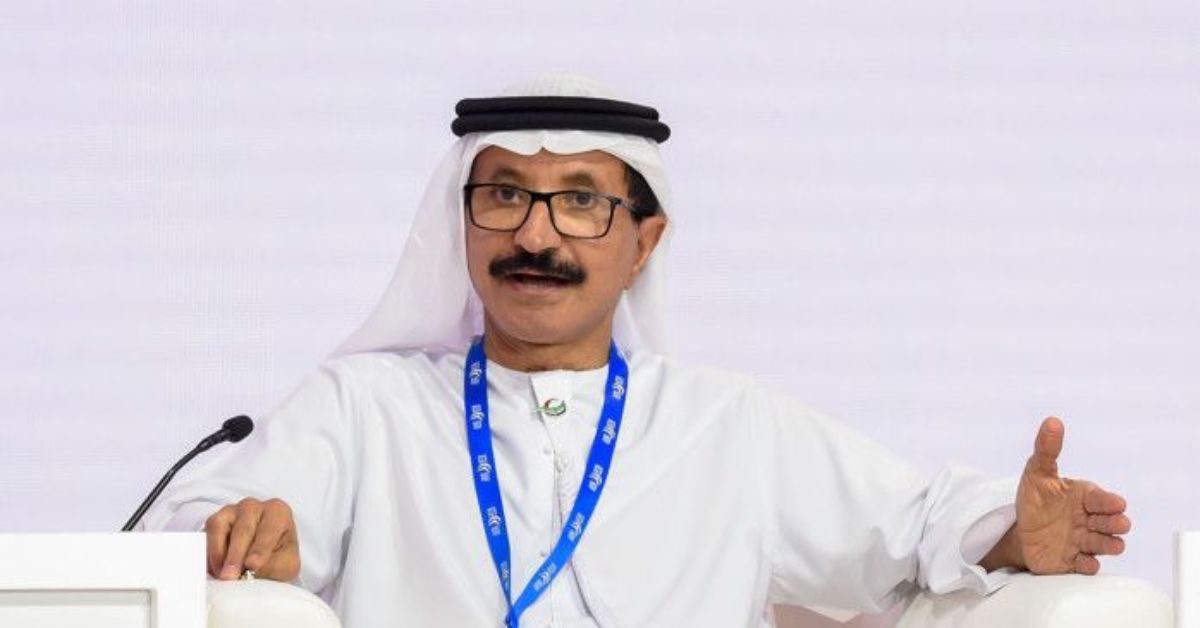The development of the India — Middle East — Europe Economic Corridor (IMEC), unveiled at the G20 Summit two weeks ago, will not threaten established maritime routes like the Suez Canal, Sultan Ahmed Bin Sulayem, Group Chairman and CEO of DP World told gathering at the Arab Media Forum in Dubai.
Such corridors, he added, would enhance supply chain resilience. “For example, in 2021, the Suez Canal was blocked for six days by Ever Given [a container ship that had run aground in the canal]. The blockage had a cascading effect and ended up paralysing trade for three months,” said Al Sulayem.
“Economic corridors [such as the IMEC] offer an alternative land-based route, reducing the risk associated with maritime transport,” add the DP World Chief.
The shipping and logistics giant is also actively exploring options to optimise the maritime line between Eastern Asia and Europe. “Our focus is on maintaining speed and reliability in supply chains,” he said.
Following the G20 Summit, the UAE announced it would work alongside the governments of Saudi Arabia, Member States of the European Union, India, and the United States on the IMEC.
Diversifying transport options
“Economic corridors, although not a new concept, play a crucial role in facilitating the movement of commodities from India to the Gulf region and beyond,” said Al Sulayem. More than 80 per cent of global commodities are shipped by sea.
“The goal is to diversify our transportation methods, offering better and faster options for delivery to Europe. While maritime shipping remains the dominant mode, trains offer cost-effective alternatives for certain routes.,” he added. He said the company is currently exploring ways to harness the potential of trains and railways in the UAE and KSA to expand DP World’s shipping operations.







